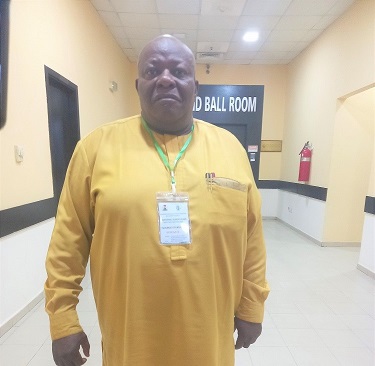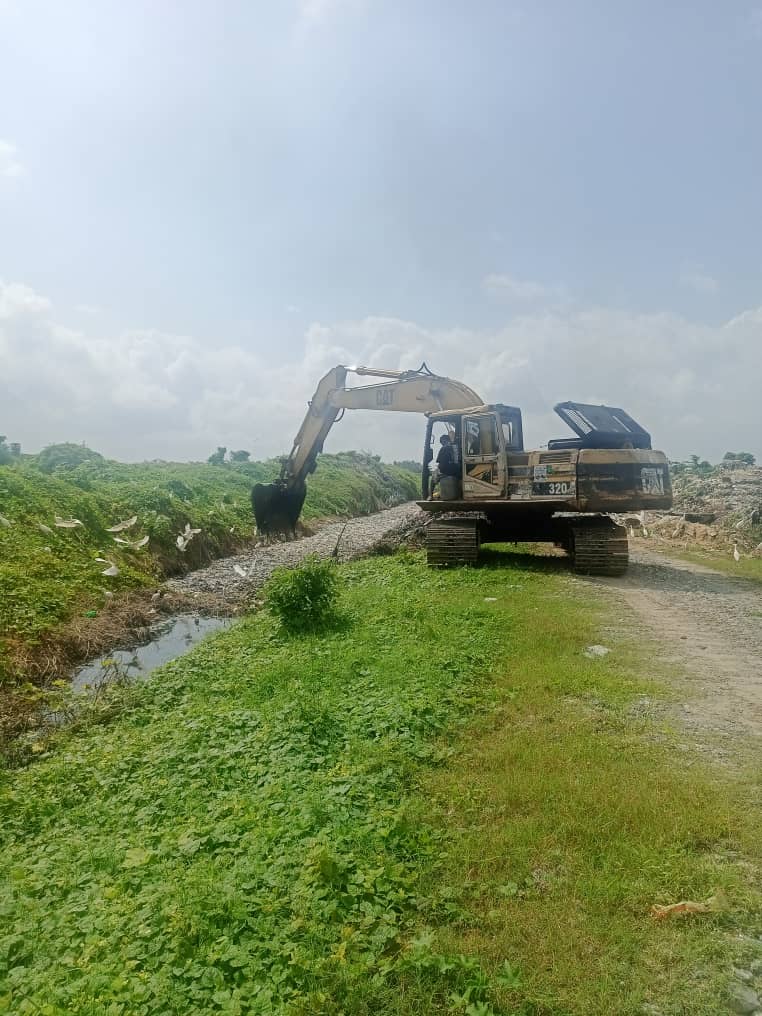Many Nigerians in the local shipping business face rejections from multinationals who only want to have dealings with ships classed under the ‘ivy league’ classification societies.
That was part of issues raised at a recent surveyors workshop organised in Calabar, Cross River, by the Nigerian Maritime Administration and Safety Agency (NIMASA).
Among those classification societies that make up the International Association of Classification Societies (IACS) are Lloyds Register of Shipping, Bureau Veritas, American Bureau of Shipping, and more.
For Nigerian shipping firms that are financially strong enough to belong to those privileged classification societies, they could have a place to operate. But such opportunities are not open to ships classed under other classification societies such as the ones in Nigeria; INSB and IRS.
Speaking on the challenges facing operators in this sub-sector, marine surveyor an ship broker, George Etukudo, who runs Bunkerman International, said it is a tough business situation for indigenous operators who cannot afford to pay huge sums in dollars to be classed under the renowned classification societies.
“We have a problem when we want to load. Before we have fuel at the depots, these big ships that are about 60,000- 70,000 tons which the NNPC brings, they have to stay about some 10-20 miles, so we are the ones who go to bring the products to the depots, but the shipowners reject our ships.
“If you don’t have the IACS Class – they discriminate between that class and other classes. We have the Lloyds Register of Shipping; we have Bureau Veritas, American Bureau of Shipping. In Nigeria we have INSB, IRS and other classification societies.
“But, before you are cleared and granted approval to come along side, you have to send your ship documents to their home company. They first look at the Class, and if it is not Bureau Veritas and others in the IACS, they reject it,” Etukudo said.
The surveyor explained that Nigerians who want to be allowed into the business must pay so much to get the classification certificate; the big classes would have to survey vessels owned by Nigerian shipping businesses first, before they are certified and approved.
“Government is supposed to have the classification society; we don’t have a classification society. It is just as we don’t have a national airline.
“I pay $50,000 for dry-docking, for them to come and survey my ship and give me certificate. It is that much expensive. It is about the institution, which we don’t have in Nigeria. So, we buy class from foreign companies.
“Those certificates are what the insurance companies would look at before they certify your ship,” Etukudo added.
Speaking of the implication of the development on local shipping businesses, Etukudo said: “The implication is that when you don’t have this class you lose business. When they bring the ship to Lagos Anchorage, your ship cannot load because you don’t have the class.”
While many wonder what could be responsible for the system to be running in such structure, the shipping business owners think the government is helpless, as this has been the modus operandi in about 40 years.
“You heard someone saying that it is a kind of cabal; even the government seems helpless in that instance. Well, they have their own reason. Like Bureau Veritas, they could be worth $50billion in asset. If you probably have an accident of maybe $1million, they would pay off.
“But do we have a company that can pay such? So, they rely that if you can afford $100 billion to do business, it is better to do business with them, so that if a $1 billion problem arises, they can help easily,”Etukudo said.


































































